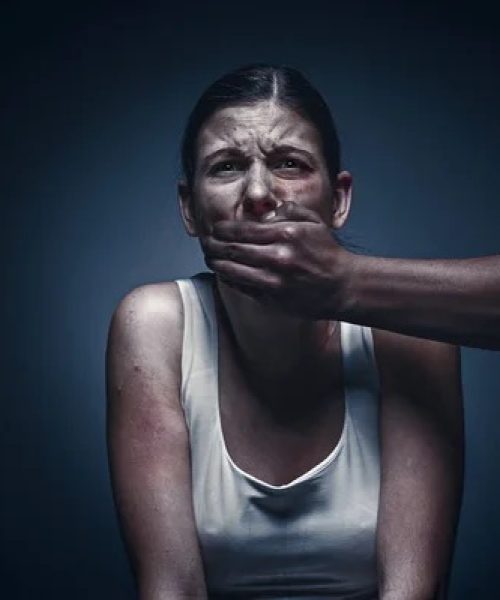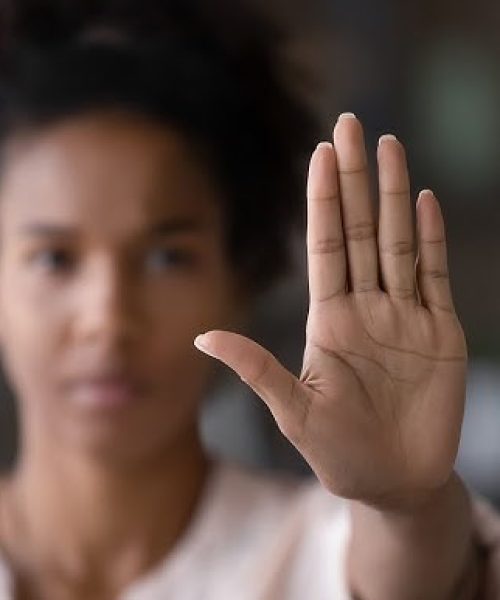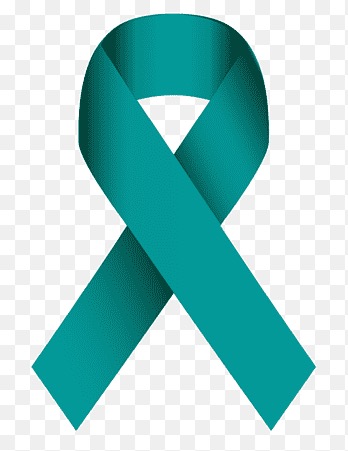Volunteer
Becoming a volunteer to help women who have experienced sexual abuse is a meaningful way to support survivors and make a positive impact
Our initiatives aim to empower individuals with knowledge, skills, and resources to enhance their personal safety.
Our mission for women’s safety is multifaceted and focused on creating a safe, equitable, and empowering environment for all women and girls









Current Projects
What are the first steps to becoming a volunteer for organizations that support sexual abuse survivors
To become a volunteer for organizations supporting sexual abuse survivors, here are the first steps you can take:
1. Complete specialized training: Many organizations require volunteers to undergo extensive training on sexual assault, crisis intervention, and trauma-informed care. For example, some programs offer 27.5-hour volunteer training to learn necessary skills.
2. Meet age and background check requirements: Volunteers typically must be 18 years or older and pass a criminal background check.
3. Choose a volunteer role: Organizations offer various opportunities, such as:
• Crisis hotline advocate: Provide anonymous crisis support to survivors
• On-call advocate: Offer victim support at local emergency departments
• Hospital accompaniment: Accompany survivors to hospitals, police stations, and court hearings
4. Commit to regular service: Many programs require volunteers to commit to a certain number of shifts per month and maintain ongoing training.
5. Contact local organizations: Reach out to rape crisis centers or sexual assault support organizations in your area to inquire about specific volunteer opportunities and requirements.
6. Complete the application process: Fill out the necessary forms and provide required information to begin the volunteer onboarding process.
Remember that volunteering in this field requires empathy, patience, and a strong commitment to supporting survivors of sexual abuse.
Q: How can I help you?
This open-ended question allows the survivor to express their immediate needs.
Q: “What are you able to recall doing or saying during the incident?
This non-judgmental phrasing helps gather information without implying blame.
When interviewing a victim of sexual assault, it’s crucial to approach the conversation with sensitivity and care.